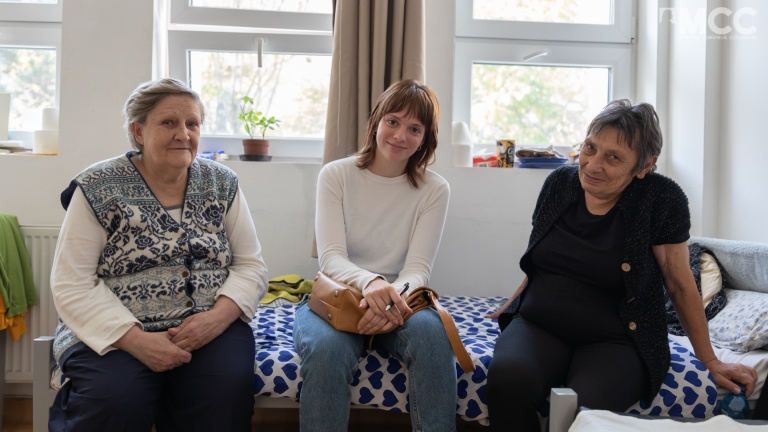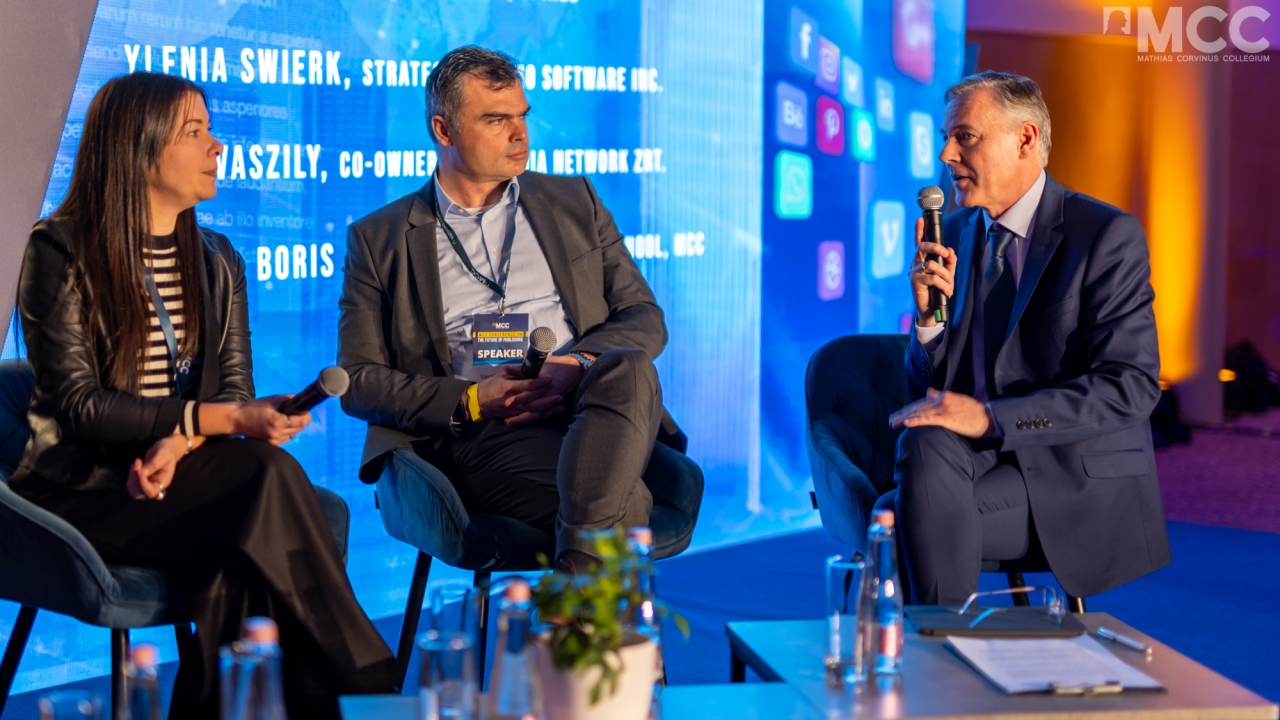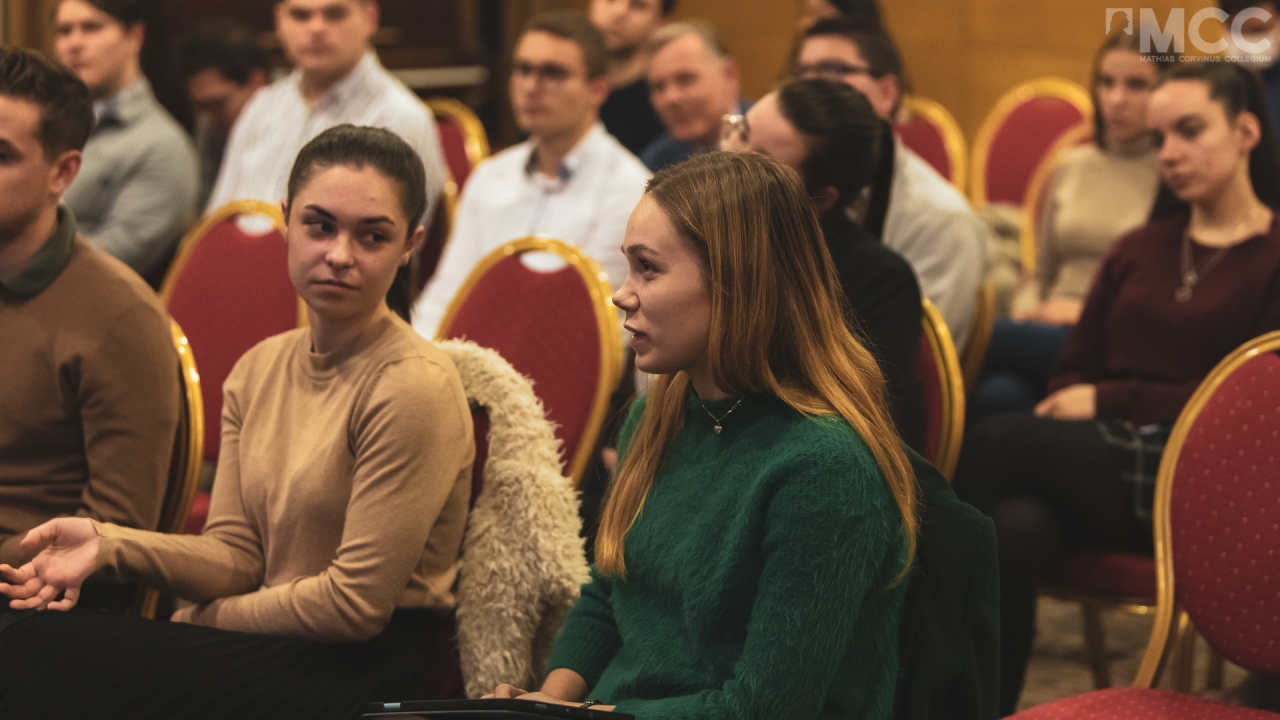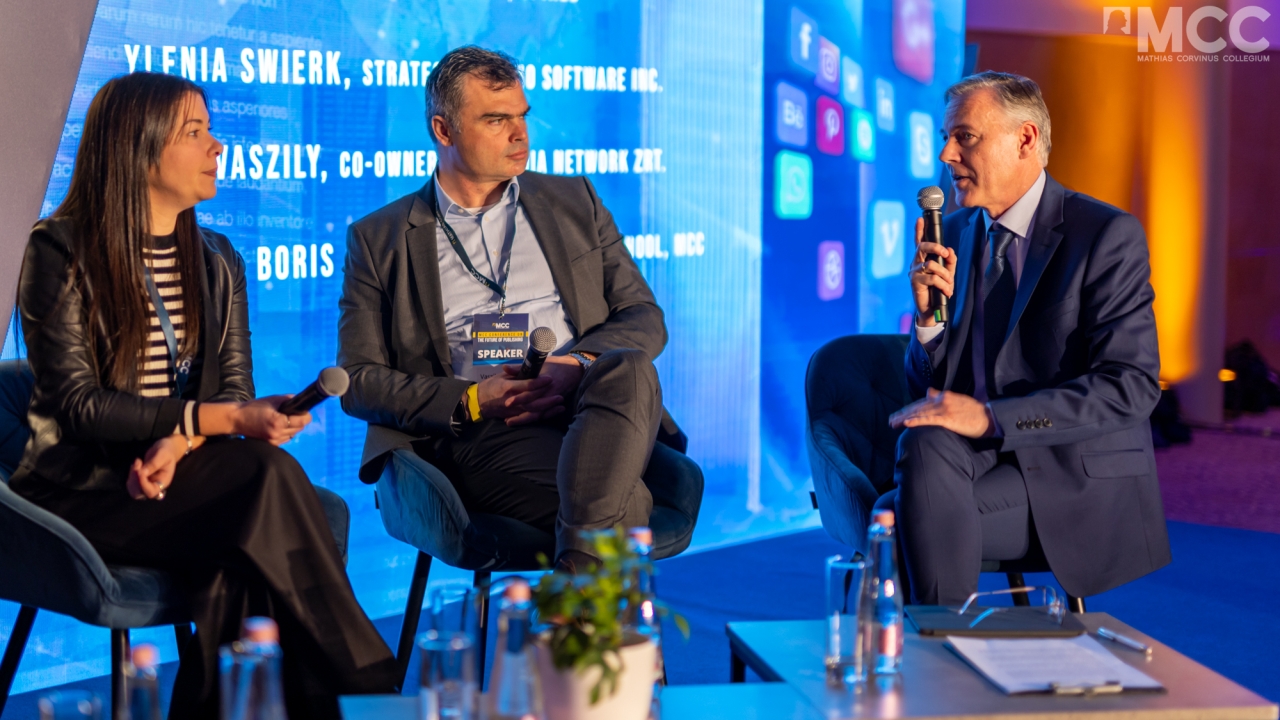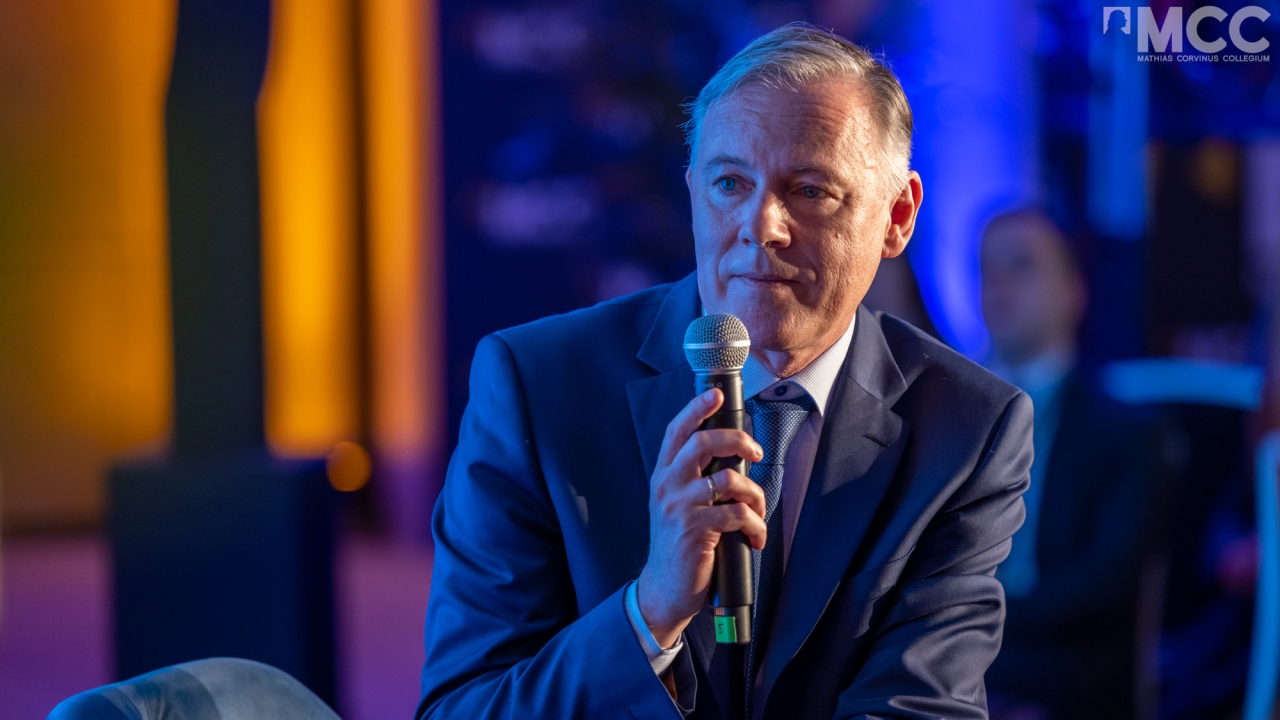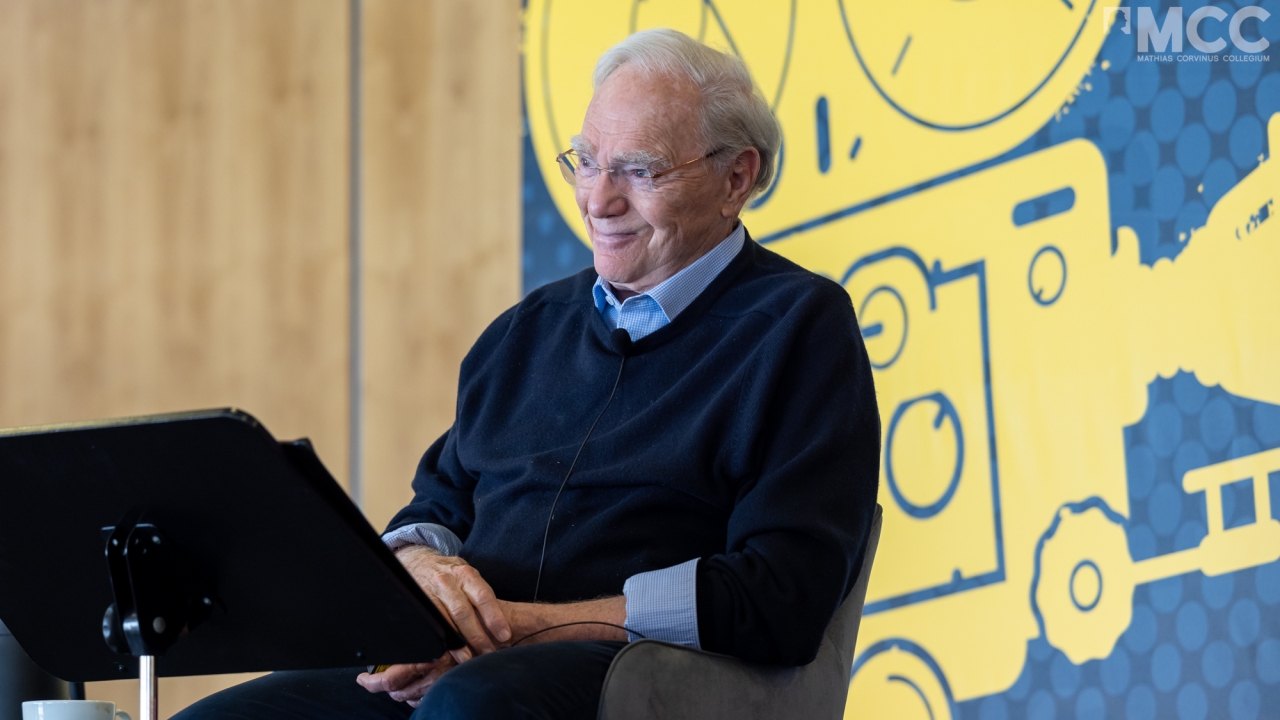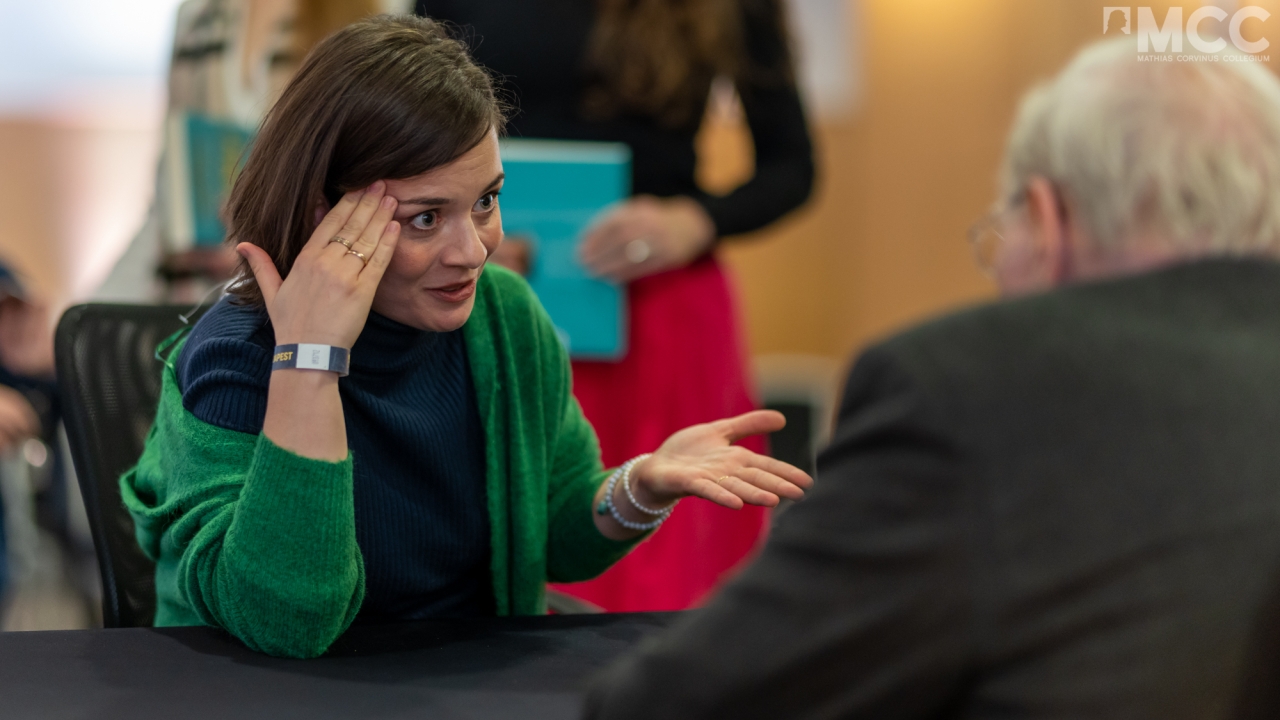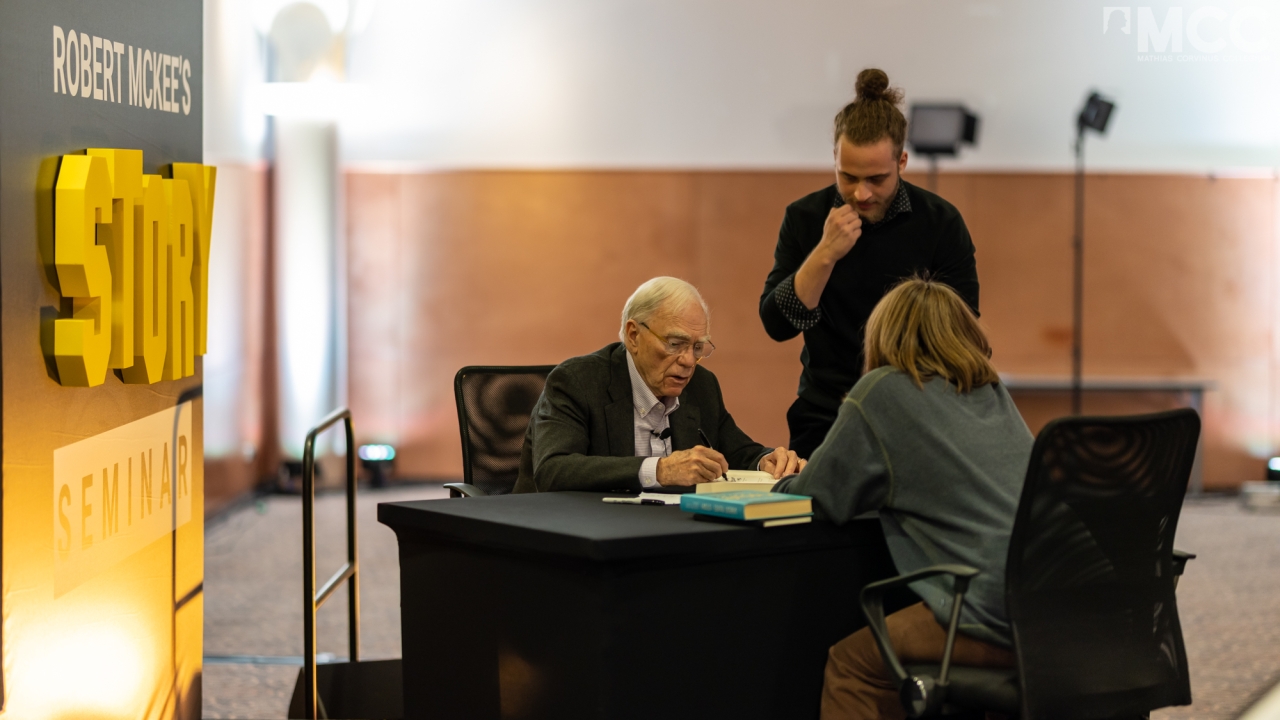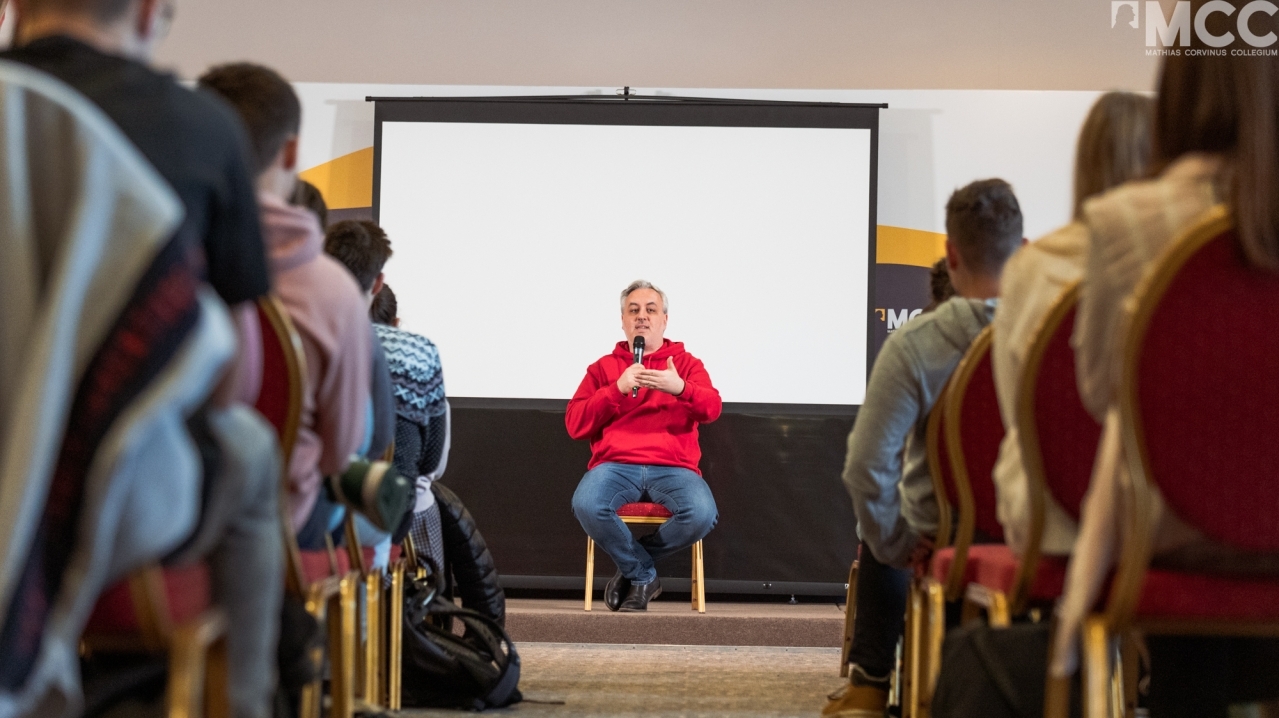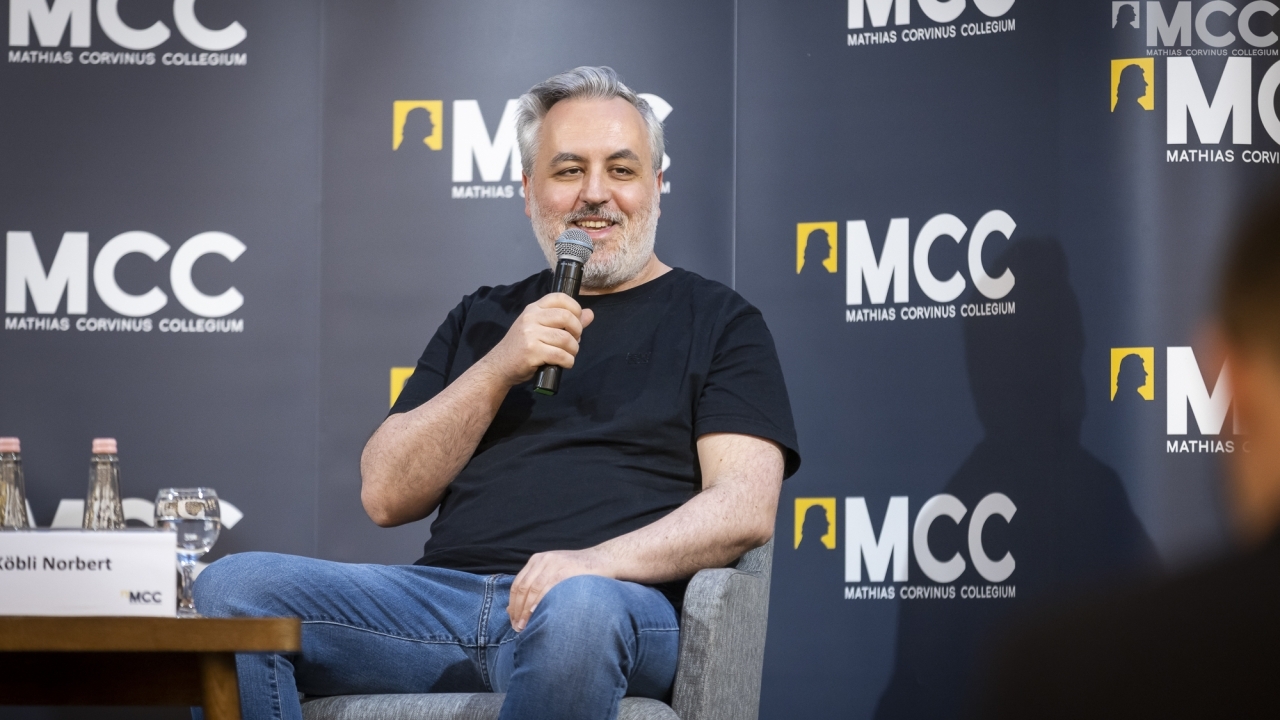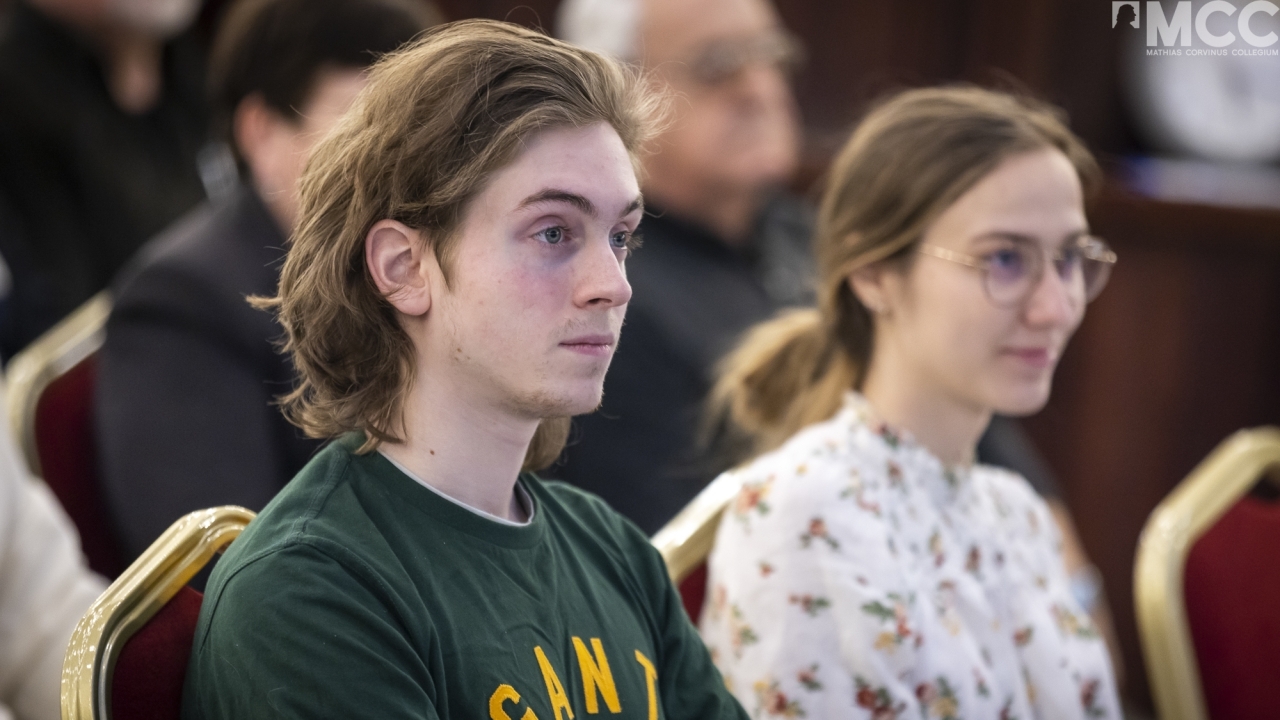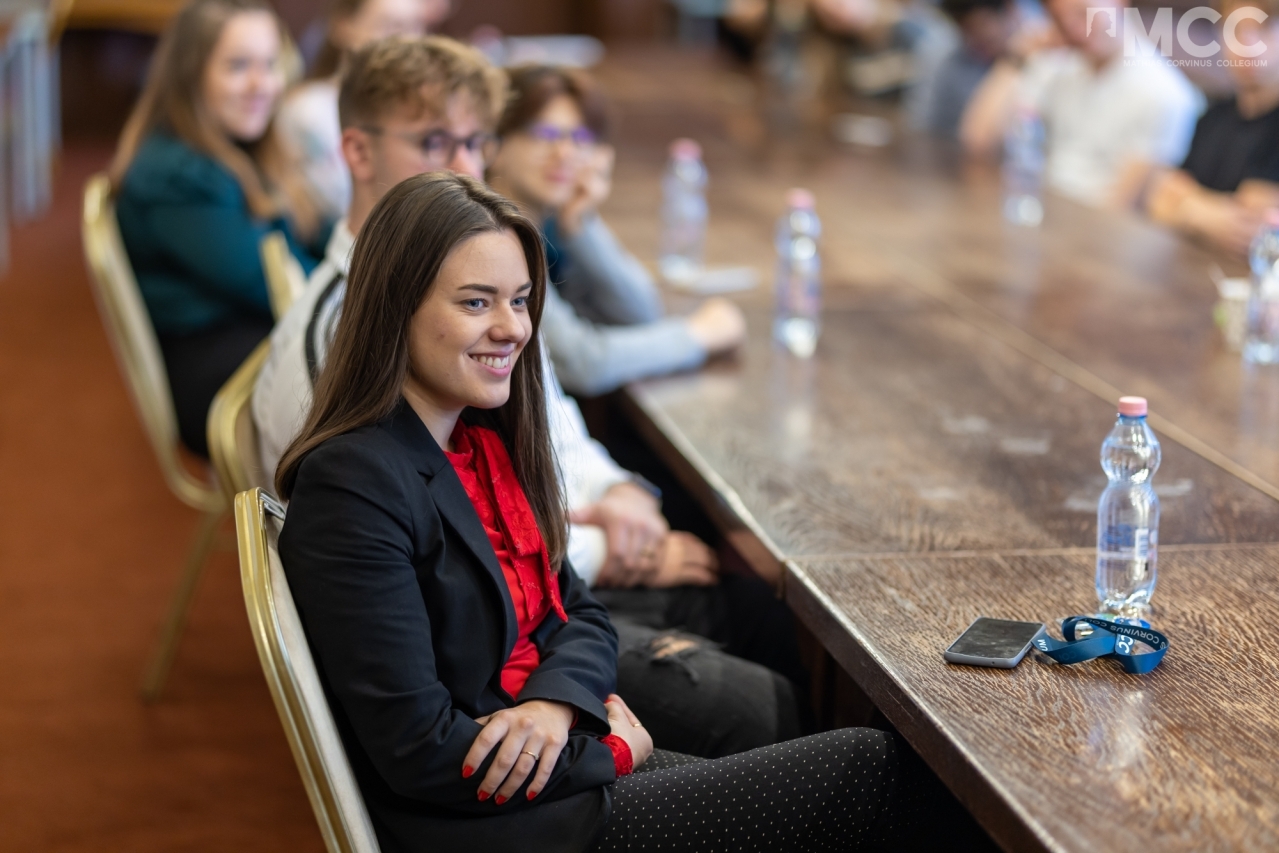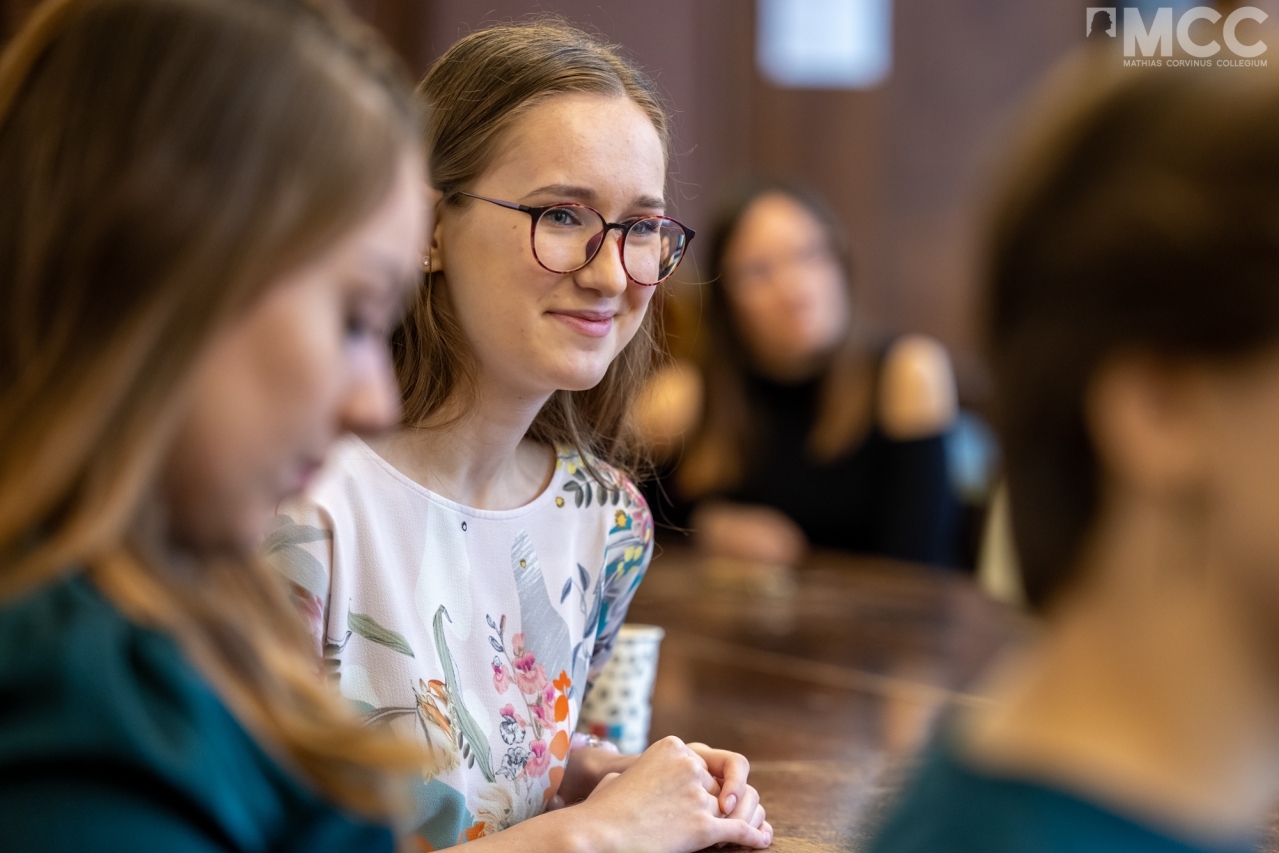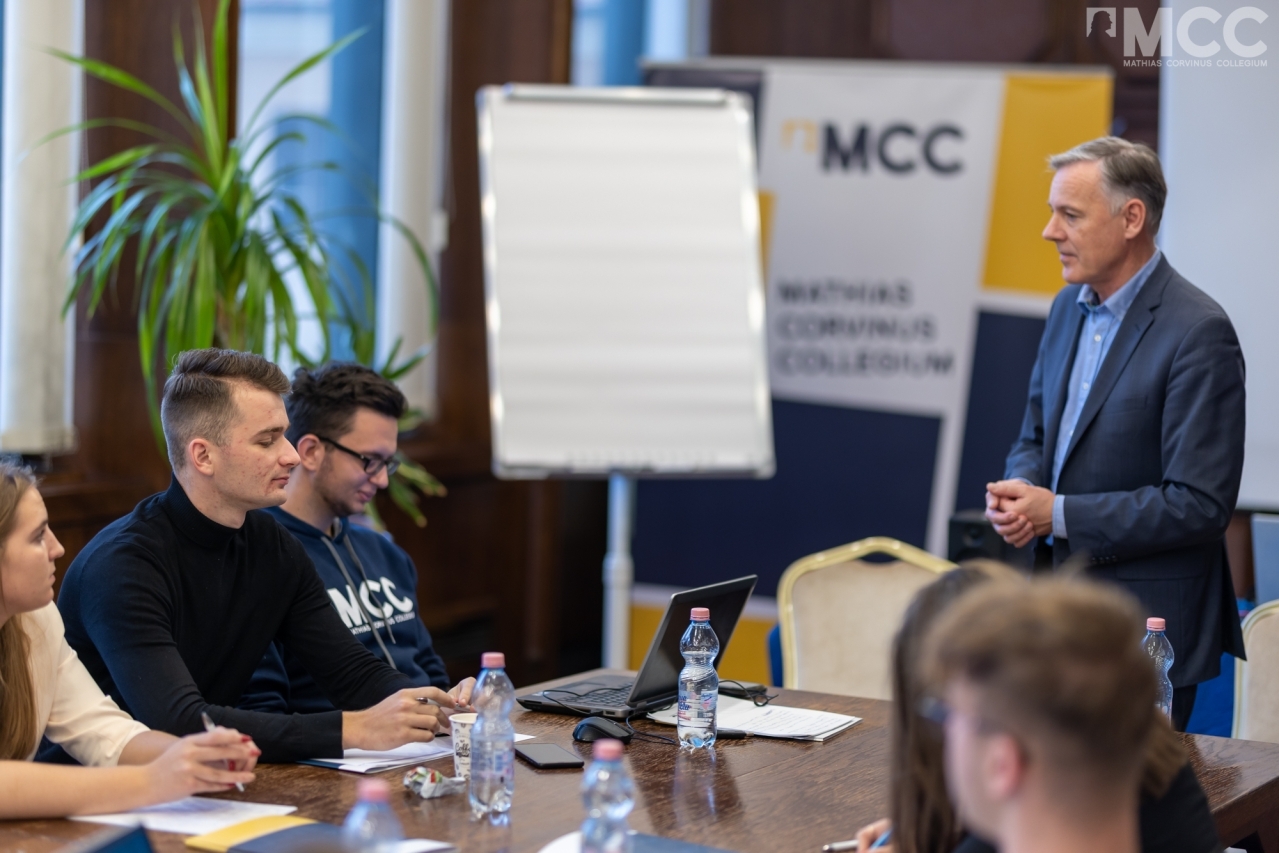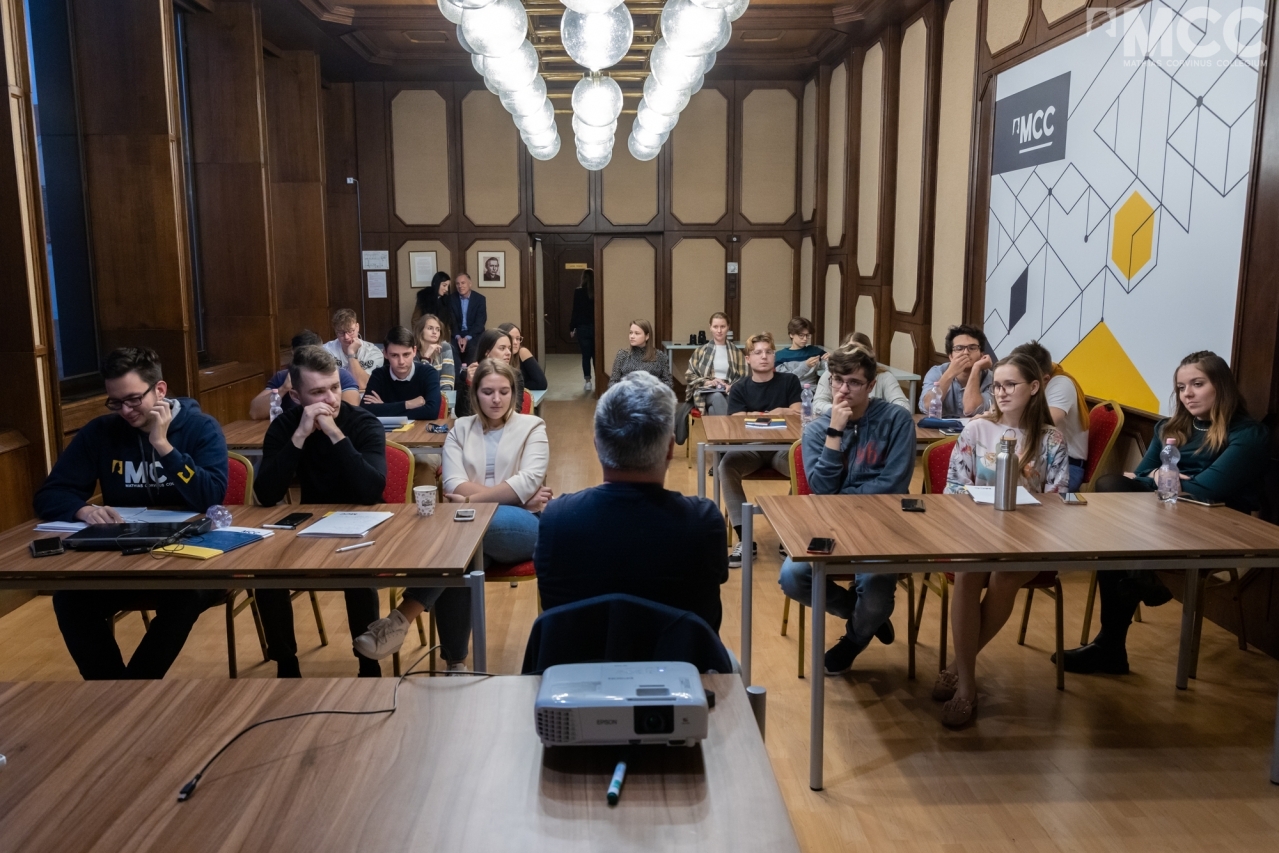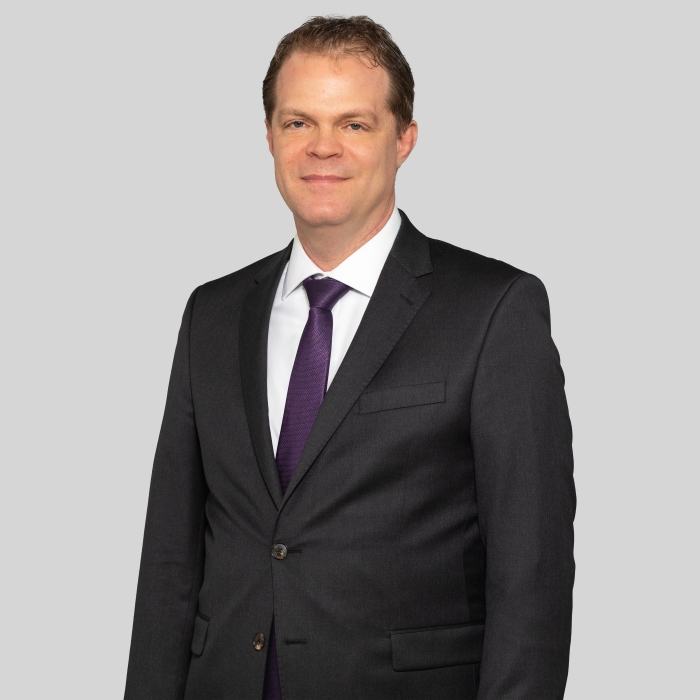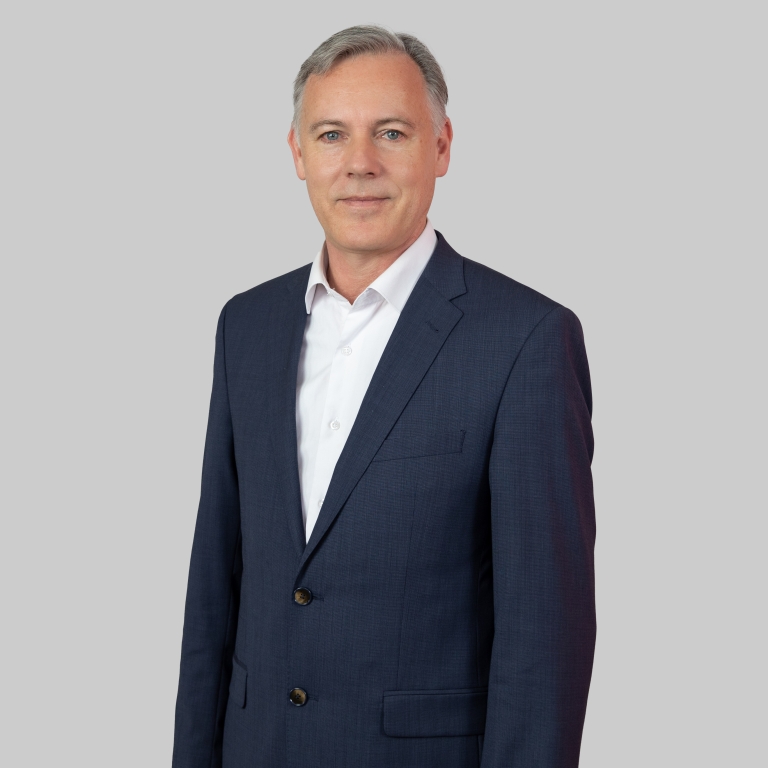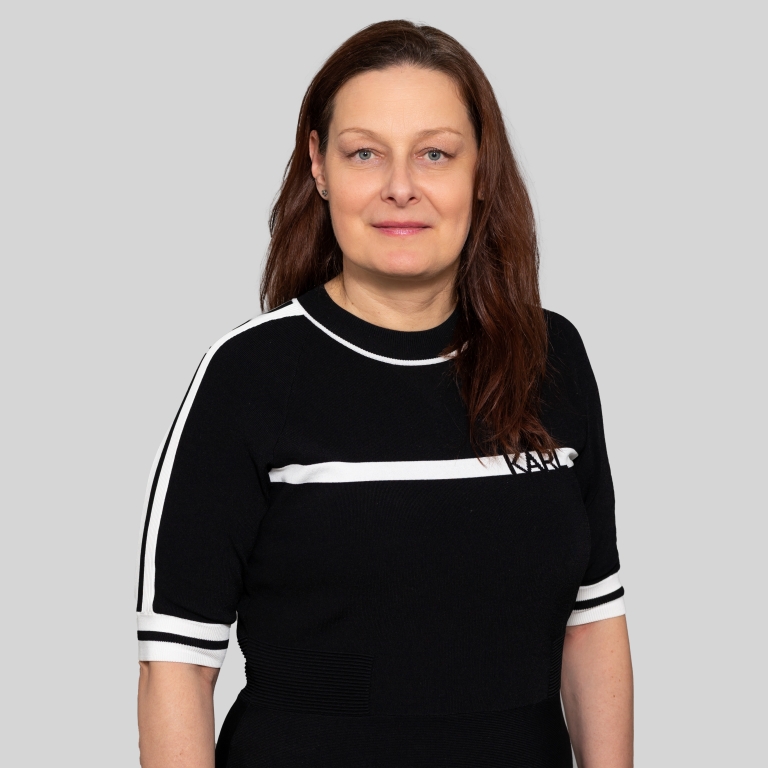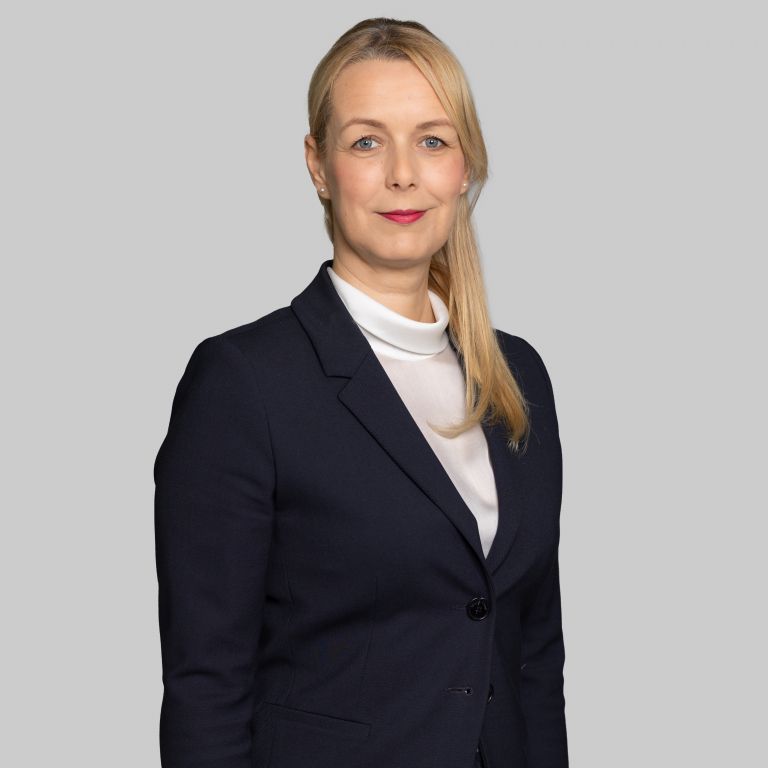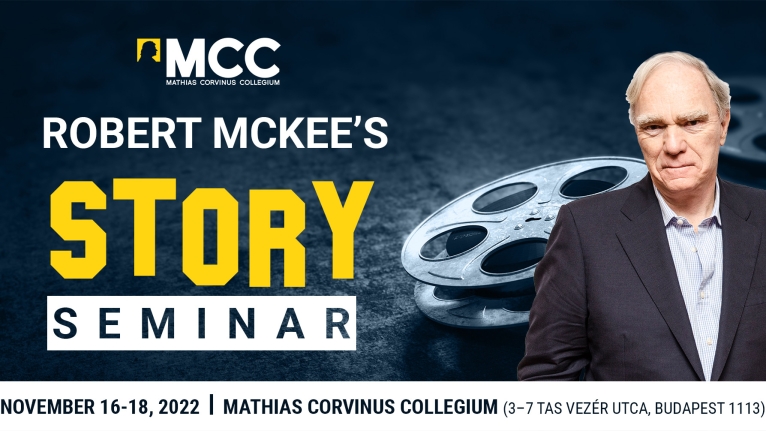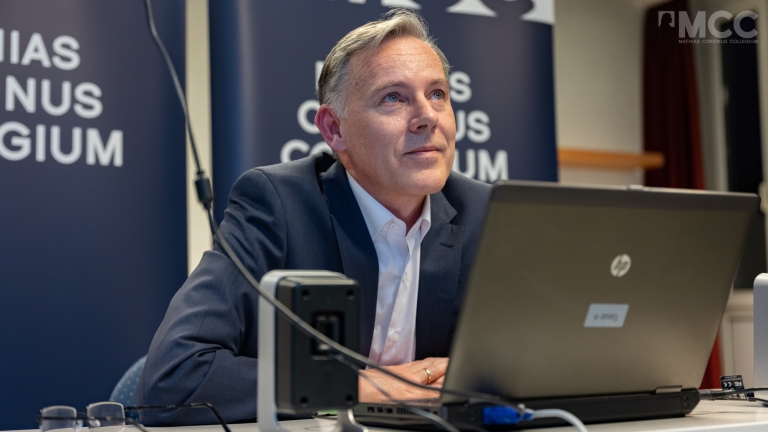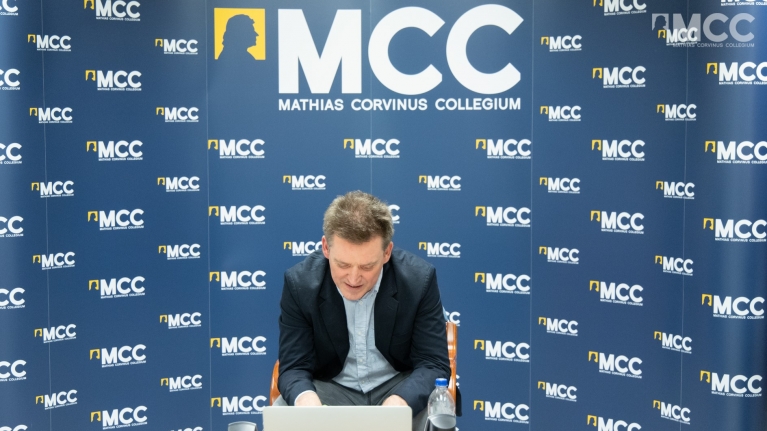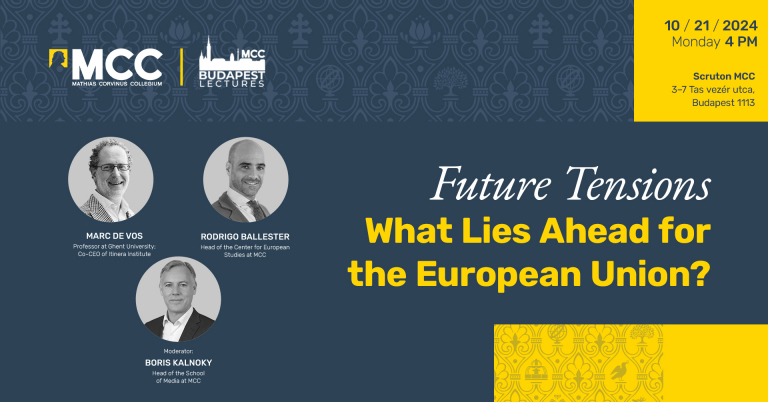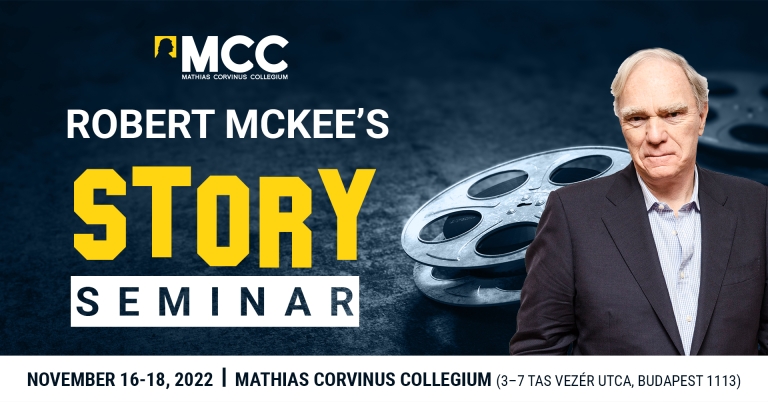Our approach to journalism education focuses on the acquisition of knowledge through practice. We monitor trends in global media and seek to involve recognised international journalists and experts in working with students.
Journalism is changing rapidly: traditional business models no longer work, social media is a major challenge, and journalism has become primarily a space for expression, often acting as a political "activist". It is also possible that in the future independent journalism as we know it today will no longer exist. The media will have to find ways to make enough money from their own product in the digital environment without having to rely on public money, NGO funds or even EU subsidies. It is also a challenge not to be under the control of a company that is not part of the media but which is financially supporting them. The key to survival is credibility: the irrefutable and convincing storytelling of credible journalists.
We are currently working with students who do not necessarily want to work as journalists but want to develop their communication skills. We explore a wide range of topics of general interest and learn how to turn them into compelling stories - whether written, filmed or audio. In the future, we hope to attract students who really want to work in the profession. We hope to produce excellent professionals who will aim to inform the public in an accurate but entertaining way.
Click here for the Hungarian version of this site:
Center for Journalism
Fotelforradalmárok?
Virtuális vagy virális?
Színház az egész világ?
Related news
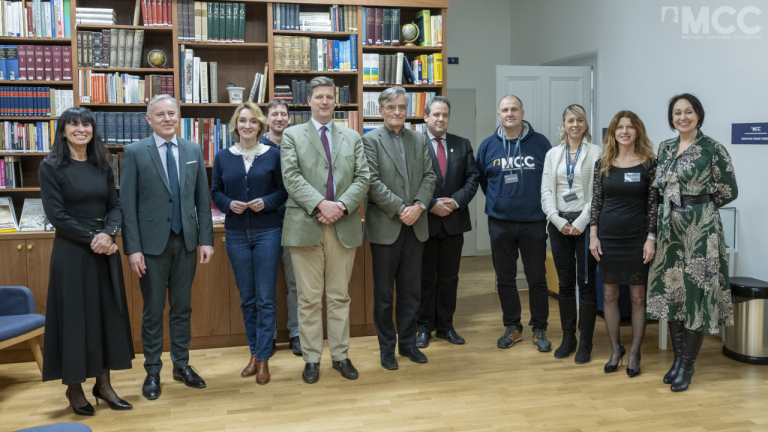
Pressure or Motivation – On Aristocratic Descent in Modern Times
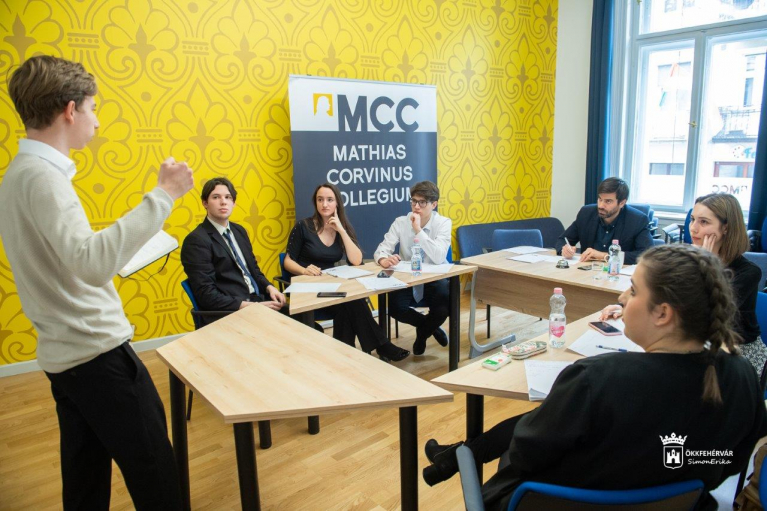
Living Freedom Summer School: learn about freedom of expression, debate and learn in London!
